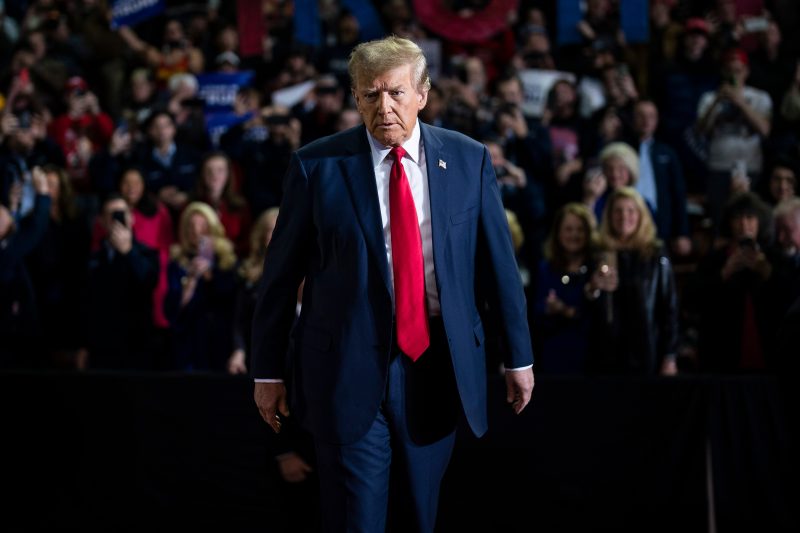It has been widely acknowledged that former President Donald Trump’s political stance is unconventional, to say the least. His brash style, controversial policies, and unfiltered rhetoric made him a polarizing figure among Americans. However, despite his extreme behavior, there’s a puzzling reality that some Americans were still willing to elect him as their president. What drives this paradox, where people are cognizant of the extremities but choose to support him nonetheless?
One plausible explanation for this phenomenon is the deep-rooted frustration and disillusionment felt by a significant portion of the American population. When Trump emerged as a candidate in the 2016 presidential race, he presented himself as an outsider untethered to the usual political establishment. Many Americans were disenchanted with traditional politicians and perceived them as out of touch with their concerns and needs. Trump’s rhetoric resonated with those who felt marginalized and overlooked.
Furthermore, Trump’s promises to prioritize American interests, bring back jobs, and protect domestic industry appealed to a demographic that felt threatened by globalization and financial instability. His slogan, Make America Great Again, tapped into a sense of nostalgia for an idealized past, promising a return to a more prosperous and secure nation. For those who felt left behind by the changing economy, Trump’s bold and uncompromising approach offered a glimmer of hope.
Another aspect to consider is the media landscape and its role in shaping public opinion. Trump, a seasoned reality television personality, understood the power of spectacle and the media’s thirst for controversy. His uncensored and unpredictable nature not only captivated the attention of the public but also dominated news headlines. This constant exposure played a significant role in reinforcing Trump’s image as a strong and decisive leader, regardless of his controversial remarks or policies.
Moreover, the polarization of American politics in recent years has created a climate in which people are more likely to support extreme candidates. The increasing tribalism within the country has led to a heightened sense of loyalty to one’s political party. This loyalty often overshadows critical evaluation of a candidate’s actual positions, and individuals may be more inclined to overlook or rationalize behaviors and policies that they might otherwise deem extreme.
It is worth noting that not all Trump supporters subscribe to his extreme views. For some, their political allegiance may have been driven by factors such as the economy, national security, or specific policies they believed would benefit them and their communities. Nevertheless, the fact remains that a substantial portion of Americans were willing to support a candidate known for his extreme behavior and rhetoric.
In conclusion, the paradox of Americans knowingly electing a candidate with extreme tendencies, such as Donald Trump, can be attributed to various factors. These include deep-rooted frustration and disillusionment among certain segments of the population, the media’s role in amplifying his appeal, and the increasing polarization of American politics. While it may be easy to dismiss such support as irrational, understanding the underlying motivations can provide valuable insights into the current political landscape and the needs of a significant portion of the electorate.


